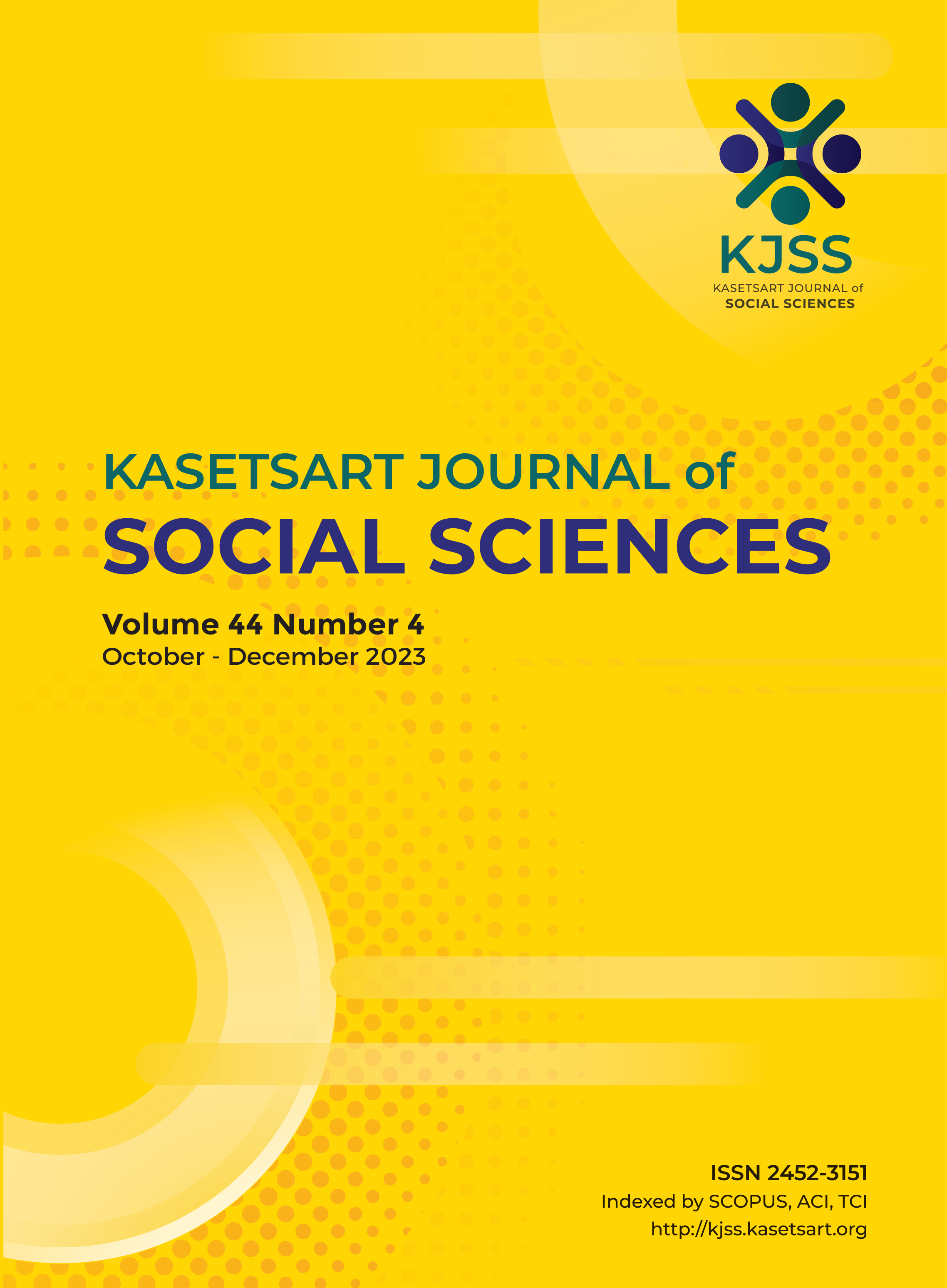A prospective historical analysis of multiculturalism in Indonesia: A case of West Java
Keywords:
cultural diversity, multiculturalism, three constructions, West JavaAbstract
Although plenty of research has examined multiculturalism from varying lenses, there is a paucity of studies that explore the coexistence and interplay of numerous cultures in constructing collective cultural richness, especially from the standpoint of a historical account. Occupying this void, the present paper sought to unearth multiculturalism in West Java Province, Indonesia, an area where foreign cultures, such as the West, Arabic, and Indian cultures, and local cultures, such as Javanese, have coalesced for an extended period. This research employed a historical framework comprising four stages: heuristics, critique, interpretation, and historiography to arrive at an in-depth understanding of how multiculturalism has evolved. The findings reveal that the province of West Java has manifested multiculturalism through three fundamental structures. First, the immigrants carried over their culture and thus contributed to more diverse local cultures. Second, the establishment of multiculturalism demonstrates the impact of foreign cultures on the local one. Third, multiculturalism development reflects the emergence of new forms due to cultural mixing. Implications of these findings will also be discussed.
Downloads
Published
How to Cite
Issue
Section
License

This work is licensed under a Creative Commons Attribution-NonCommercial-NoDerivatives 4.0 International License.
This is an open access article under the CC BY-NC-ND license http://creativecommons.org/licenses/by-nc-nd/4.0/










